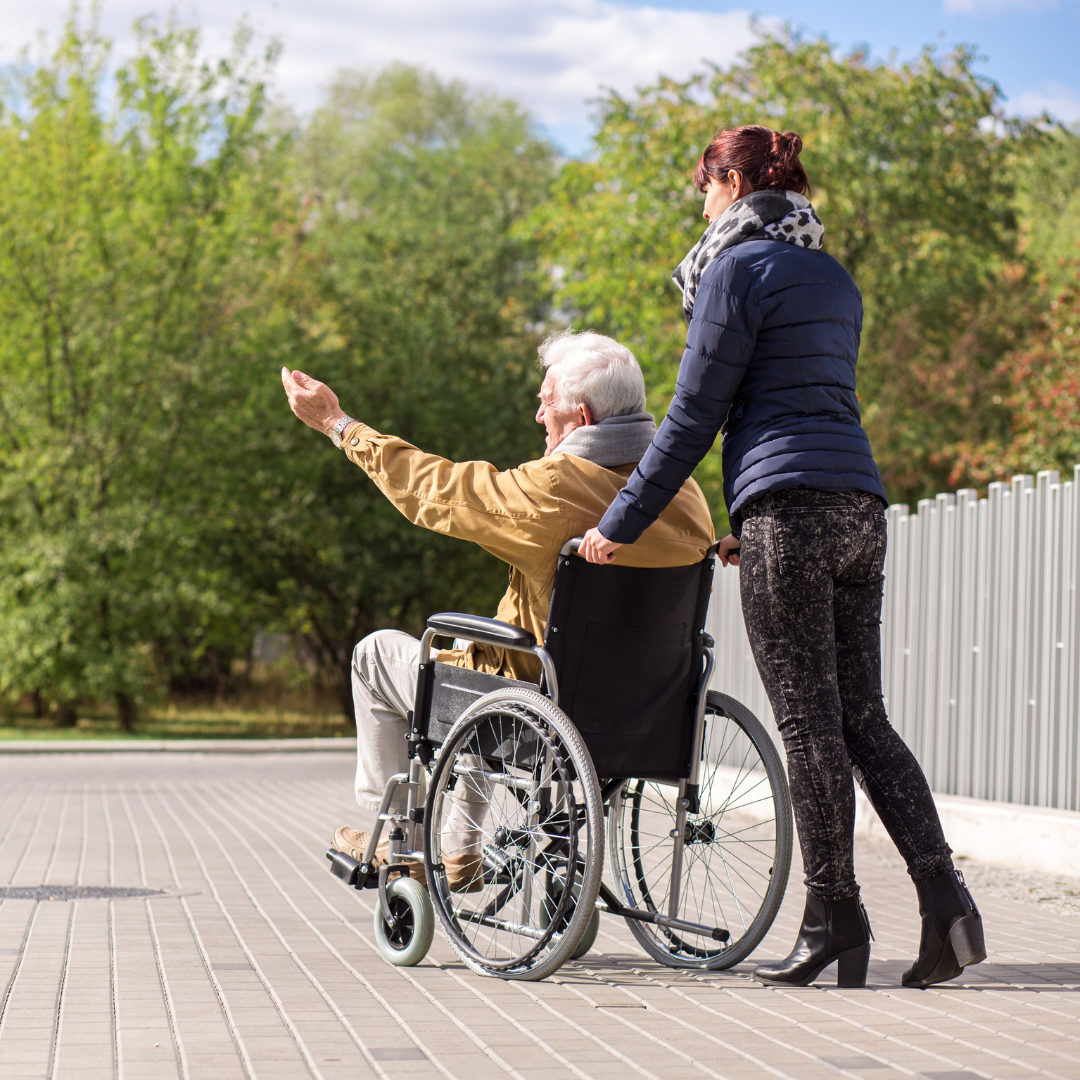Community-led advocacy: empowering disabled voices in policy reform isn’t just a slogan—it’s a proven strategy for building inclusive, effective systems. When disabled individuals take the lead, the resulting reforms reflect lived realities and produce practical change. Empowerment through leadership ensures that disability policy grows more equitable over time.
Importance of Disabled Leadership
Disabled communities understand their challenges firsthand. When they lead advocacy efforts, their perspectives improve accuracy and fairness in reforms. Community-led models challenge outdated structures and encourage institutions to listen, adapt, and evolve with those they serve.
Building Stronger Movements
Grassroots organizing plays a central role in community-led advocacy. These movements unite people across regions and experiences. Their strength lies in shared goals: equity, access, and respect. As a result, local and national conversations shift toward inclusion and justice.
Policy Reform Rooted in Experience
Disabled advocates bring crucial insights into system design. Their feedback ensures that new policies meet real-world needs. Whether focusing on housing, employment, or healthcare, their involvement leads to better solutions.
Overcoming Challenges
Despite progress, disabled leaders still face barriers—limited funding, ableism, and exclusion from decision-making spaces. Ongoing advocacy helps dismantle these challenges and opens space for broader participation.
Looking Forward
The future of disability rights depends on listening to and lifting up disabled voices. Community-led advocacy creates pathways to more just, sustainable systems. Through collaboration and continued action, these efforts will shape tomorrow’s policies.
In every reform, lived experience matters. By centering disabled voices in policy advocacy, we create change rooted in truth and inclusion. Learn more here.


